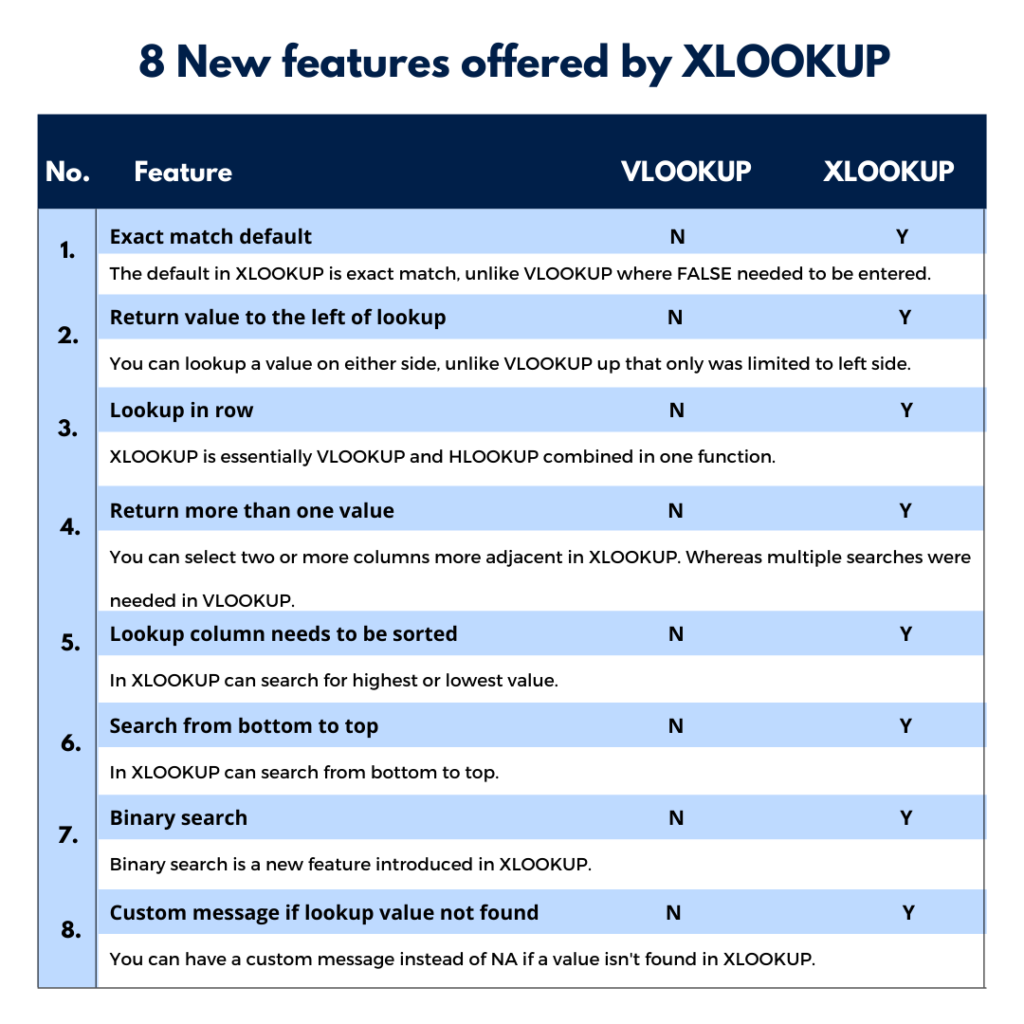Majority business owners working in the industry take important business decisions based on their gut or intuitions. Business analyst suggest that making crucial business decisions without any analytical data can be doubtful. Business owners are doing things as per their liking which sometimes work right for them but once the table turns, the million dollar deals can all go in vain if just one decision gets wrong. Here comes business intelligence that is used by dynamic companies to make their important decision based on data.
With the advancements of digital industry, new business tools are available that helps gather insightful and comprehensive business data. Business intelligence tools enables business owners to leverage the available tools and make informed decisions based on the data. Moreover, these are powerful tools that can be used by medium sized and large businesses to analyse their company’s data and implement new trends and solutions.
Understanding Business Intelligence
Business intelligence tools is define as an umbrella term that includes tools, applications, technologies and practices that enables business to analyze, collect and interpret data into insightful and actionable format. BI process includes the following
- – Data mining
- – Analytical processing
- – Querying and reporting
Business intelligence tools are important for businesses because it will help business executives, analysts and operational team to make decisions based on rational data. Successful business executives are already using these tools which has given major benefits to their business. Also, it improves the overall operations of the business and makes it more efficient and profitable.
Why do you need Business Intelligence?
Let’s discuss how BI can help your business grow.
- – With an effective use of BI, you can gather business information and convert that into actionable insights that will ultimately improve competitive intelligence. This allows business leaders to make business decisions strategically based on logical data and numbers.
- – BI software can help your business identify new trends, new business opportunities, identify buying patterns, understanding customer behavior and predicting future market trends.
- – With BI tools you can eliminate the complexities of storing data at different locations. BI allows you to integrate all business data in your workplace in different formats. This saves you from the hassle of maintaining data on different softwares.
- – Using BI, you can make your business strategies more composed and effective. Based on your performance data you can make effective plans and strategies that are personalized and more specific in order to elevate your business.
- – With interactive dashboards, you can make all the complex business understandable. Dashboards include both customer related data as well as your business insights. Also, dashboards will give a single consolidated view of your business and customers.
Conclusion
As we all live in a highly digitalized and competitive business environment, it is important to understand the power of data. Furthermore, leverage the available business tools, prepare personalized strategies based on the data and make your business data driven.



























